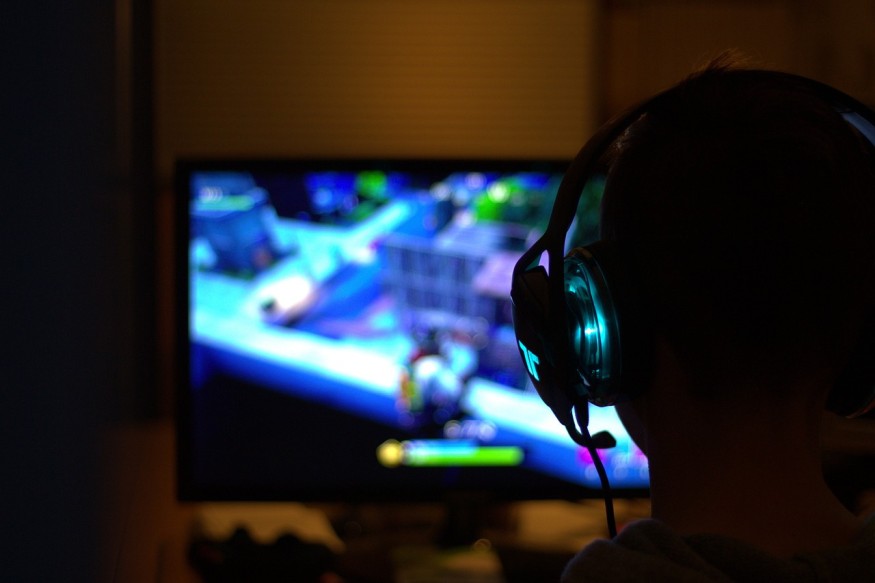Young adults who play video games on a regular basis have better executive functioning, a new study reports. The study, titled "Videogaming Frequency and Executive Skills in Young Adults" published in the International Journal of Environmental Research and Public Health, compared those who play 11 hours per week on average to casual players who play 1.5 hours per week on average.
Researchers wrote that regular gamers fared better in reaction time testing and decision-making compared to casual players. The findings may shed further light on how video games improve executive functioning.

Positive Effects of Video Games on Executive Functioning
Researchers at the University of L'Aquila initially were interested in the negative effects of playing video games with a focus on the violence depicted by them, PsyPost reported. But they shifted their focus to its positive consequences after finding out that the violence portrayed in video games did not deter the interest of the public.
They assessed the attention performance and decision-making abilities of young adult gamers without controlling the game's genre. Previous studies have focused on the type of video games and not the act of gaming. They hypothesized that experienced gamers will do better at executive functioning regardless of the game.
The participants were university students with an average age of 23 who were recruited via flyers and social media. About 38 males were selected of which 19 of them were experienced gamers while the remaining 19 were casual gamers. They were invited into a laboratory setting to take part in computerized assessments, such as an attention test, dice game, decision-making speed test, and task-switching test.
They found that regardless of the type of game, experienced gamers were more alert, accurate and faster at attention tasks. More specifically, they fared much better in decision-making and their results from the attention task indicated a clear alerting effect of video gaming.
The team concludes that the findings could contribute to the growing body of information that says video games or skills gamers learned from them could improve executive functioning or cognition. It can be used to develop new and innovative executive training protocols for clinical populations with dysexecutive impairment.
READ ALSO : Will Video Games Fix Short-Term Memory Loss in Older Adults? Here's What Scientists Say!
Maximizing the Impact of Playing Video Games
Although the new study shows that video games improve executive functioning regardless of the type of game, Psychology Today reports that psychologists believe that the type of the game is still important to consider given the amount of time and persistence kids play.
They recommend video games that require "what to do skills" in finding a starting place, staying focused on a task, and mastering the game. More so, it should require "how to do" skills in planning and anticipating, and managing one's frustrations and actions to make a progress in gameplay.
They also identified what the term "executive functions" mean. There are many abilities that are considered that are affected by executive functioning skills, including nonverbal working memory, problem recognition skills, fluency, hypothesis generation and testing, common sense, decision-making, capacity to control motor response, ability to use hindsight and anticipatory thinking, and the ability to consider consequences of one's action.
RELATED ARTICLE: Video Games May Benefit Children; Study Reveals How More Time Spent Playing Potentially Boosts Kids' IQ
Check out more news and information on Psychology in Science Times.
© 2026 ScienceTimes.com All rights reserved. Do not reproduce without permission. The window to the world of Science Times.











